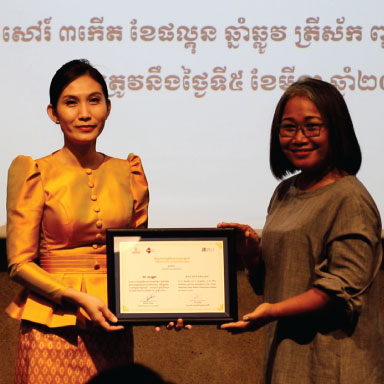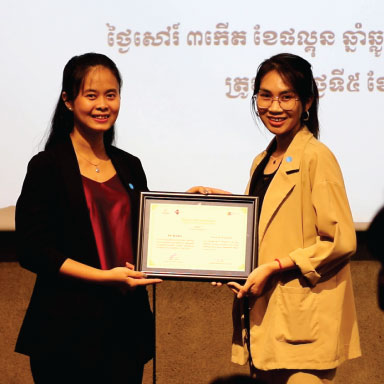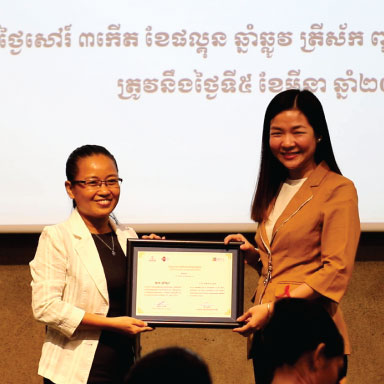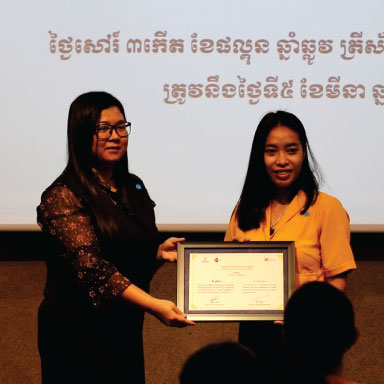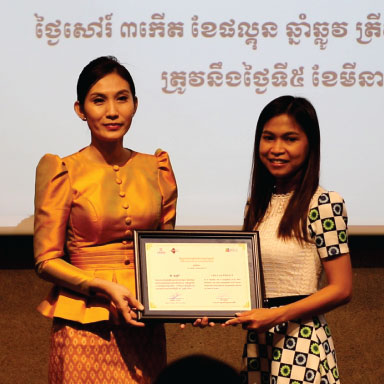What We Do

Vision
“We envision a society’s prosperity where all people can be entrepreneurial leaders with wellbeing that positively impact their community.”

Mission
We strive to build entrepreneurial leaders with well-being and empower them to create positive impacts for their community through:
● Providing capacity building Wellbeing Entrepreneurial Leadership
● Promoting access to financial inclusion
● Building supporting systems, networks, and collaboration
● Promoting Wellbeing Entrepreneurial Leadership Culture

Value
Empowerment , everyone in, wellbeing for all
Project 1: Supporting women entrepreneurs who are affected by the pandemic
This is the first project that WELL got funded by the USAID through We-Act program. Micro-enterprises and small businesses have an essential role in boosting economic growth, while 65 percent of businesses in Cambodia are identified as micro and small businesses run by women. The COVID 19 pandemic threatens micro and small businesses survival. Many of them faced crises, including lack of cash flow and financial instability, individual and family health issues, emotional breakdown, and business closure. In partnership with WE Act program, WELL has been coordinating an empowerment project supporting 40 YWEs, whose businesses are struggling yet having potential to grow and impact their society. The support includes micro grant ranged from 300 USD to 1,000 USD, 3 training workshop on business problem solving and development strategies; 3 time mentoring and coaching session, video tutorials and life-long networking.

Project 2: Grow Together- Empowering Women Factory Workers with Entrepreneurial Leadership Development
Under the support of the Resilience Fund for Women in Global Value Chains, WELL is supporting 40 women factory workers in Phnom Penh to build up their leadership, entrepreneurship and wellbeing through a series of training sessions, one-on-one mentoring and coaching session, and supporting to become a saving member in women self-help group where they can continue to gain benefit from the network even after the program finishes. Why empowering women factory workers? Cambodian women play a critical role in Cambodia’ economic development, dominating the workforces of key economic sectors such as garment and service industries. The garment industry, which includes footwear and travel goods, accounted for 57% of Cambodia’s total exports, valued at $22.5 billion in 2022, according to reports from the General Department of Customs and Excise. However, they are not generally able to reap the economic and social benefits that these industries bring, nor do they have the ability to successfully claim their rights. In Cambodia, 80 percent of women aged 15 years and older are employed in the Cambodian workforce. However, almost 73 percent of them are in low-paid, high-risk jobs (vulnerable employment) in garment manufacturing, construction, or the service or entertainment industry. Though Cambodia’s progressive labor policy is designed to protect workers’ human rights, women workers are still particularly vulnerable and face many obstacles preventing them from claiming their full economic, political and social rights, including low wages, poor health, over indebtedness, discrimination, sexual harassment, exploitation, and an inability to engage in freedom of expression or to fully exercise their freedom. This situation is unsustainable, not just for individual workers, but also for the Cambodian economy, which suffers from the lack of a financially and socially empowered working class. This project will contribute in addressing their challenges by empowering them to access capacity building on entrepreneurial leadership, connecting to long-term financially supporting network, and safe space to express their concerns and challenges to public.
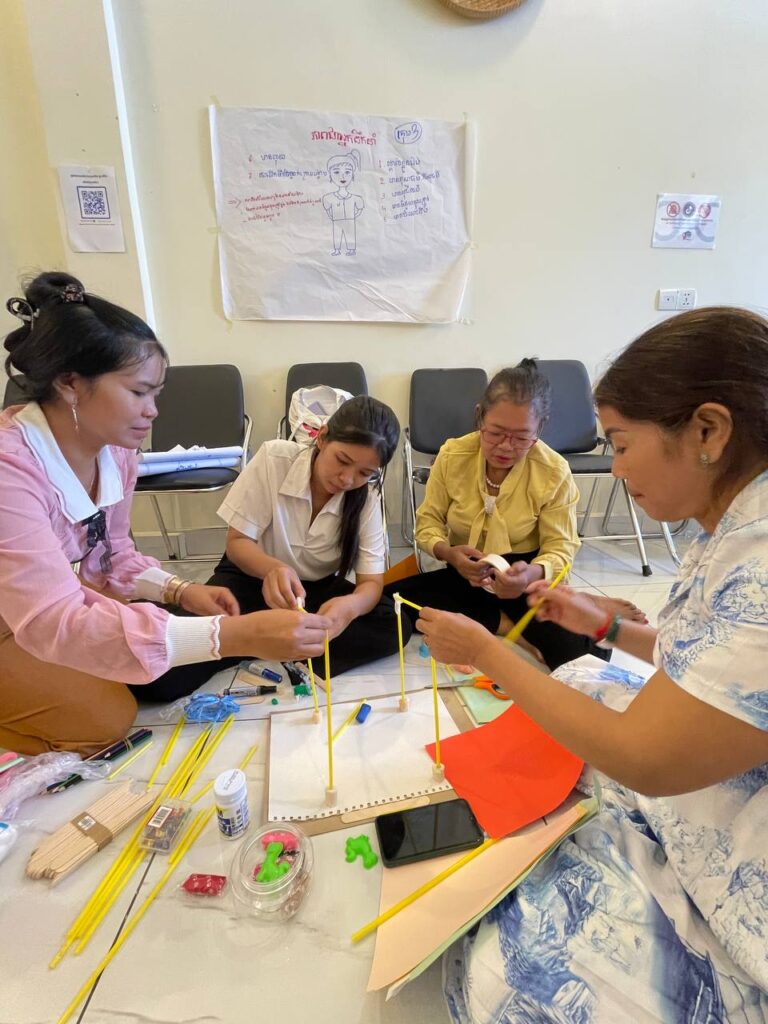
Wellbeing Advancement Organization (WELL) was legally registered on September 8th, 2020, as a non-profit organization. WELL is on a mission to build and support wellbeing entrepreneurial leadership.

